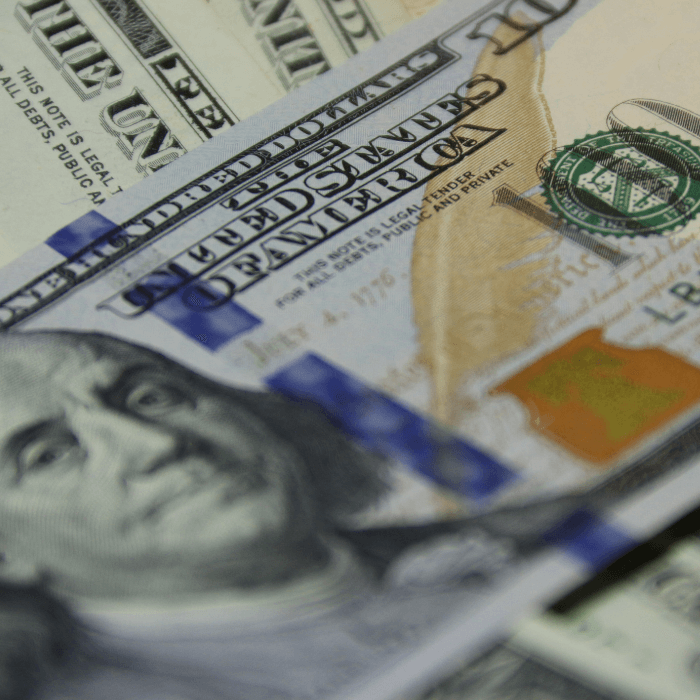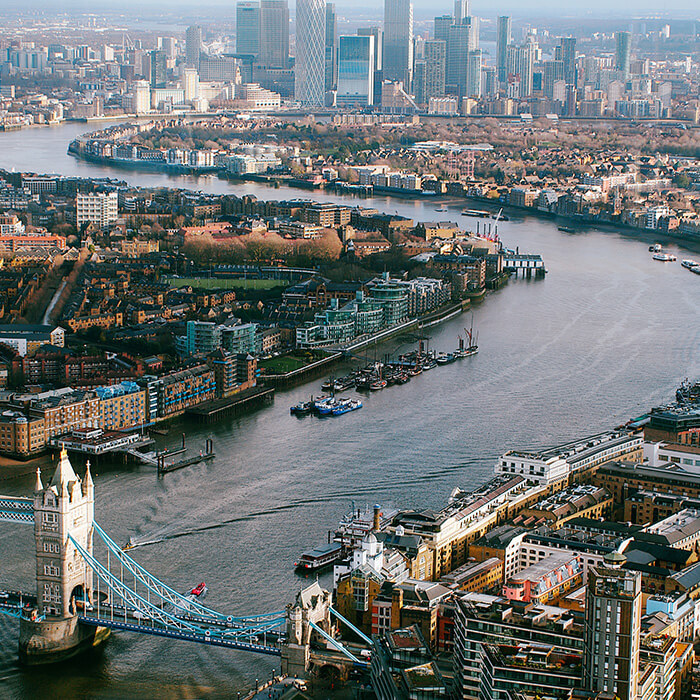Federal Reserve Increases Interest Rates
The contents of this article are accurate at the time of publishing, are for general information purposes only, and do not constitute investment, pensions, legal, tax, or any other advice. Before making any investment or financial decision, you may wish to seek advice from your financial, pensions, legal, tax and/or accounting advisers.
This article may include references to third-party sources. We do not endorse or guarantee the accuracy of information from external sources, and readers should verify all information independently and use external sources at their own discretion. We are not responsible for any content or consequences arising from such third-party sources.
![Web Desktop Hero Banner [1600×800] 24.png](/globalassets/bullion/_new_structure/discover-bullion/guides/federal-reserve-increases-interest-rates/fed-bank-hero-image-desktop-1600x800.png)
At July’s Federal Open Market Committee (FOMC), US officials voted unanimously to increase US interest rates by 0.25% to between 5.25% and 5.5%. The move is an attempt by the Federal Reserve to control inflation but will push up borrowing costs for households and businesses, leading some to express concerns about the potential for a recession.
This is the 11th increase since interest rates stood at 0.25% in March last year and brings the rate to the highest level since 2001 when the Federal Reserve cut rates in an (ultimately unsuccessful) attempt to prevent the US economy from sliding into a recession.
Similar challenges are presenting themselves in many economies, driven predominantly by the lasting economic effects of the pandemic and the war in Ukraine. CPI inflation in the US is currently running at 3%, while the equivalent figure in the UK is 7.3%, and 5.5% in the Eurozone.
The Bank of England’s Monetary Policy Committee is due to make a decision on UK interest rates on 3rd August. In the UK, the Bank Rate is currently 5%, with a recent Reuters poll showing economists anticipate the rate to reach 5.75% by the end of 2023. Some analysts expect much higher UK interest rates – Schroders, for example, recently forecast 6.5% by the end of the year.
Some speculate that higher interest rates could lead to a house price crash and recession – though falling inflation figures in June have given hope to others that this can be avoided.
![Article Secondary Image [1000 x 500] 18.png](/globalassets/bullion/_new_structure/discover-bullion/guides/federal-reserve-increases-interest-rates/fed-bank-secondary-image-1000x500.png)
What does this mean for precious metals?
After prices fell earlier this week ahead of the FOMC meeting, USD prices have broadly been rising since Tuesday, tipping over $1,980 after the interest rate decision as the USD weakened against other major currencies.
Priced in GBP however, gold is now lower than the beginning of the week as the value of the Pound climbed back towards $1.30.
Many investors will be eagerly awaiting the Bank of England’s next interest rate decision in early August, as well as any economic data that could indicate the likelihood of an economic recovery or recession.
Central banks have the fraught responsibility of striking the balance just right on interest rates – investors will be looking for signs by which to judge the success or otherwise of the banks’ actions. Persistently high inflation or signs that a major economy could tip into recession might lead some investors to increase their allocations to gold as a traditional ‘safe haven’, whereas signs of economic recovery and falling inflation may have the opposite effect.
References









